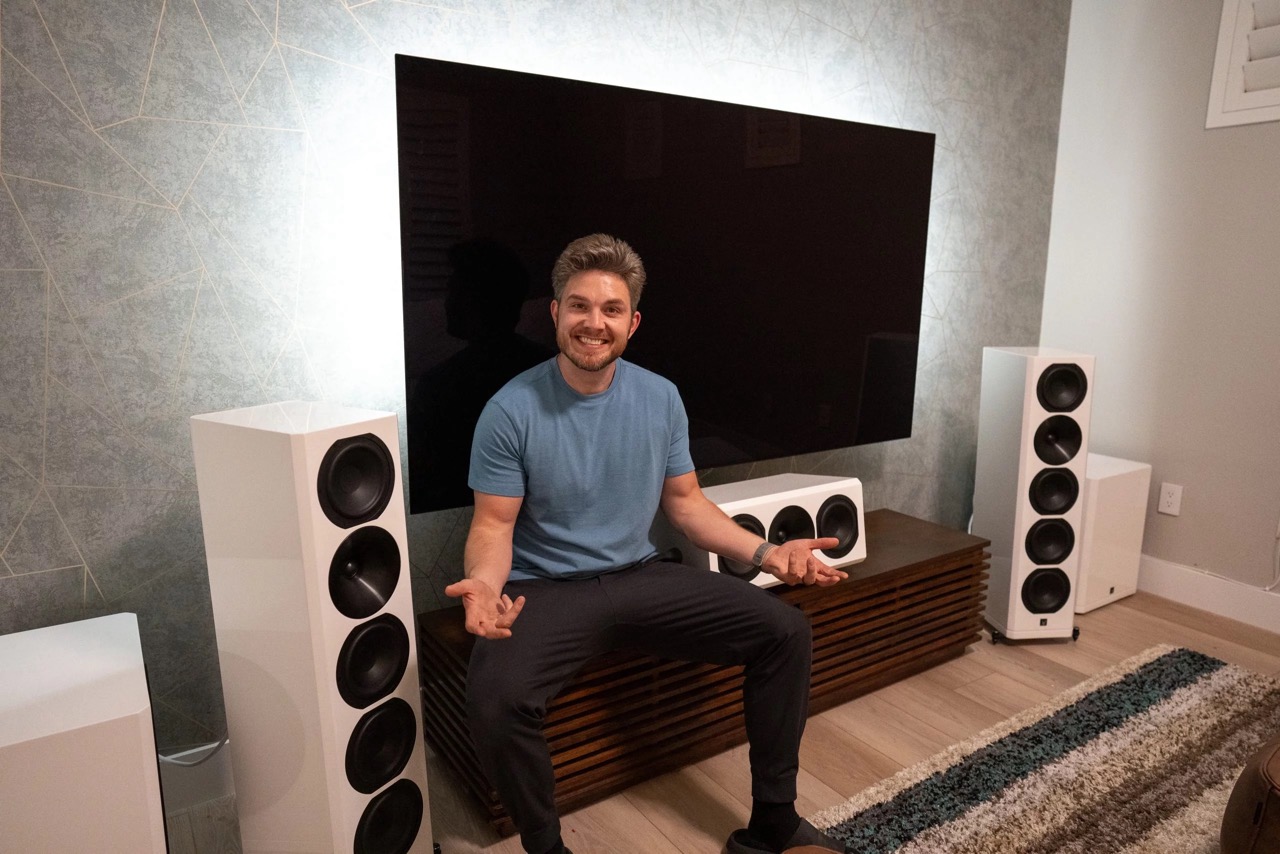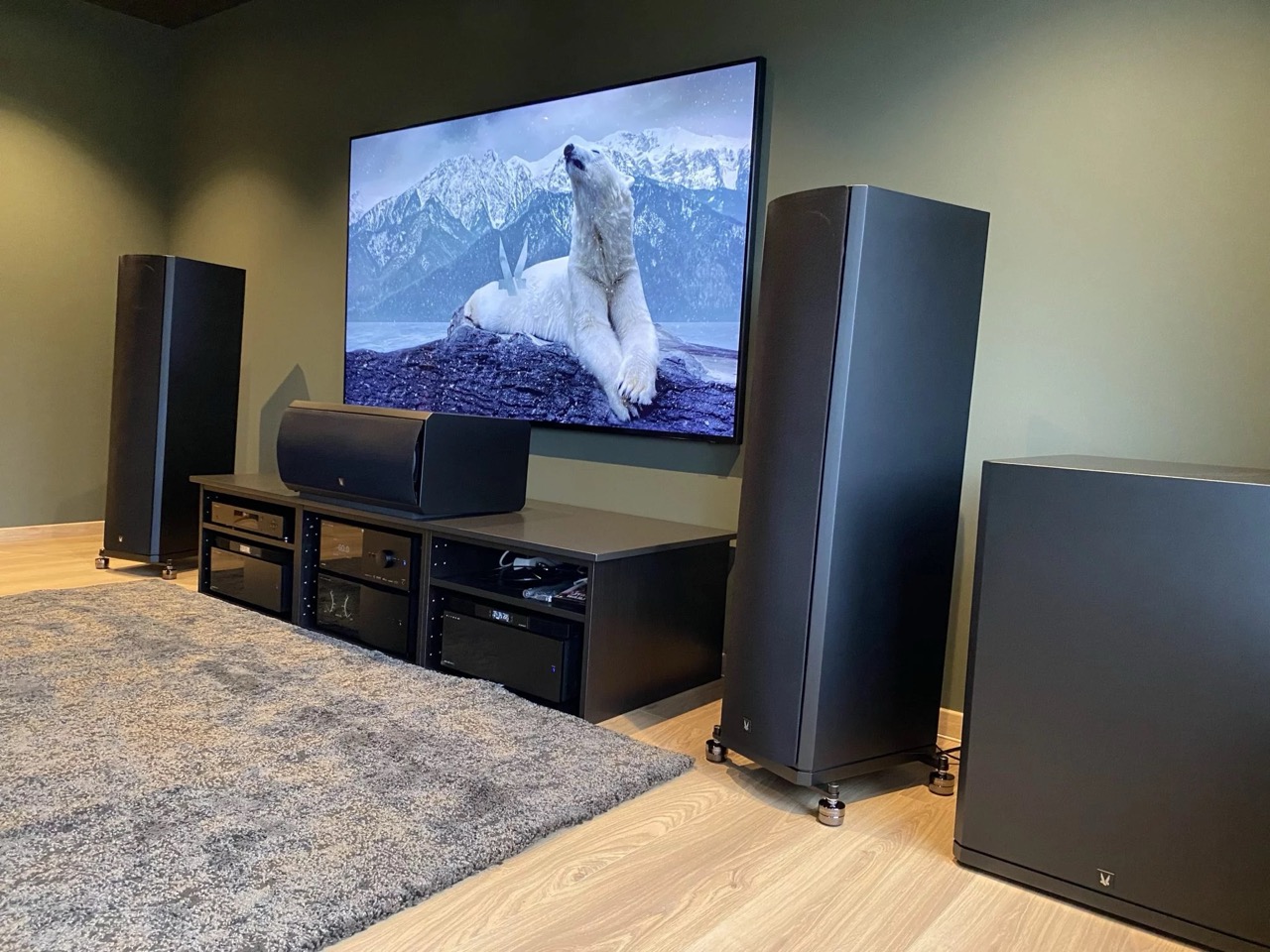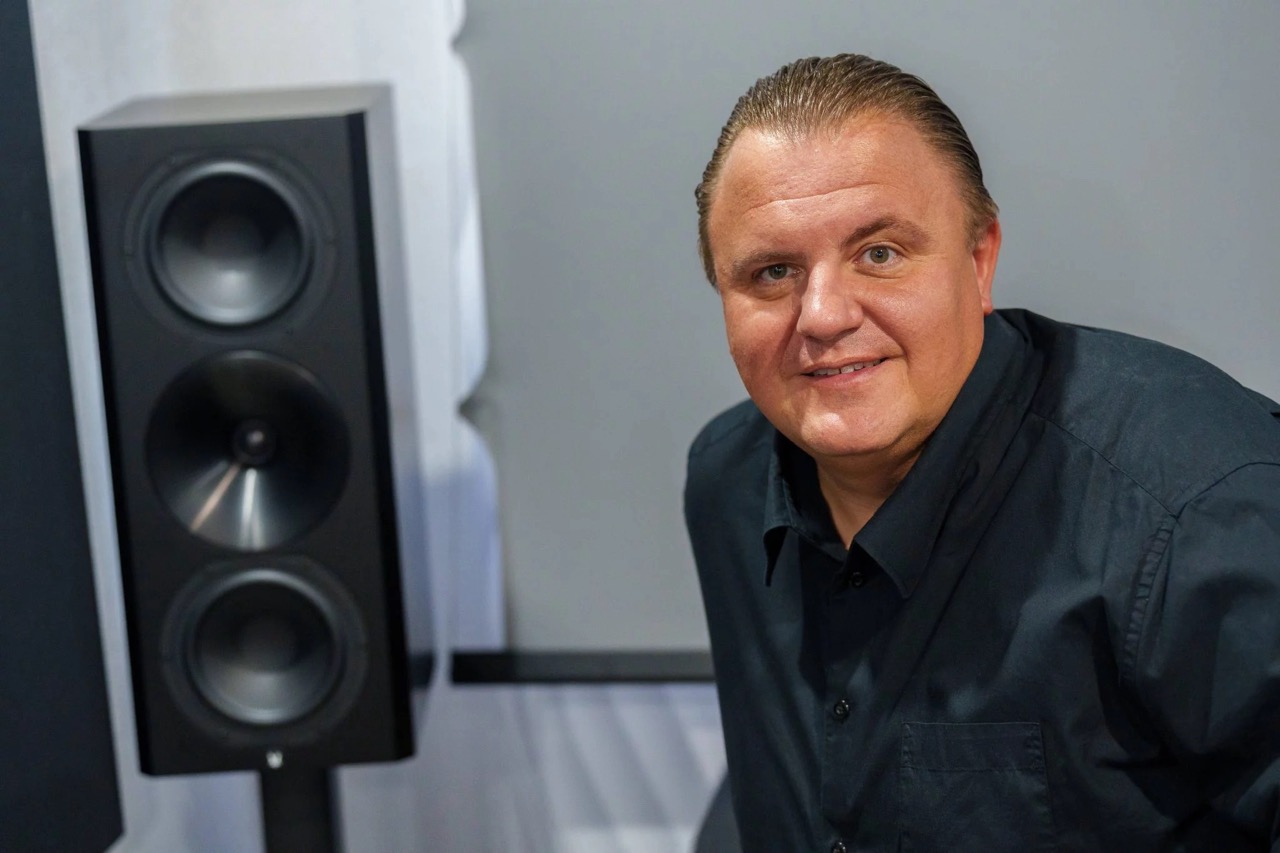Eco-friendly Hi-Fi: Balancing High Fidelity Sound with Sustainability
Article summary - TL;DR
- Hi-Fi enthusiasts are challenged to integrate high-fidelity sound with eco-friendly practices.
- Sustainability in Hi-Fi can enhance, rather than compromise, audio quality.
- Manufacturers play a critical role in promoting sustainable practices in audio equipment.
- Arendal Sound leads the way with a direct-to-customer model to reduce environmental impact. Explore the 1528 Tower 8 for a sound system that pairs performance with sustainability.
- Understanding the ecological effects of Hi-Fi equipment is essential for minimizing their footprint.
As we progress into a future where environmental impact is as important as technological advancement, Hi-Fi enthusiasts face a new challenge: integrating their passion for high-fidelity sound with sustainable practices. The quest for the ultimate auditory experience often involves equipment that uses valuable resources, energy, and materials that may not be environmentally friendly. However, embracing sustainability does not mean compromising on quality. In this extensive guide, we delve into the strategies and innovations that allow Hi-Fi systems to coexist with eco-friendly practices.
Introduction to Eco-Friendly HiFi
The HiFi community is increasingly aware of the importance of environmental sustainability. This awareness has led to the call for more eco-friendly practices in the production, use, and disposal of HiFi equipment. This section introduces the concept of sustainable HiFi, exploring why it is essential and how it affects both manufacturers and consumers.
Understanding the Impact of HiFi on the Environment
The production and disposal of HiFi equipment can have significant environmental impacts. The use of rare materials, energy consumption during operation, and electronic waste contribute to the ecological footprint of audio systems. Understanding these impacts is the first step in minimizing them.
Why Sustainability Matters to Audiophiles
For the audiophile community, high-quality sound is paramount. However, the long-term enjoyment of high-fidelity audio can be enriched by ensuring that environmental sustainability is part of the listening experience. Many audiophiles find that sustainable practices add value to their high-resolution audio systems.
The Role of Manufacturers in Sustainable HiFi
Audio equipment manufacturers play a crucial role in the move toward sustainable HiFi practices. From the design and manufacturing process to the sourcing of environmentally friendlier materials, industry leaders have the power to drive change and influence consumer choices.
Arendal Sound is pioneering an eco-conscious approach by adopting a direct-to-customer model, significantly reducing the environmental impact traditionally associated with the standard manufacturing-to-resellers-to-client chain. This innovative strategy eliminates the need for multiple resellers and excessive transit, ensuring that products are delivered to customers via the shortest and most efficient route possible. By circumventing the conventional distribution network, Arendal Sound not only streamlines the delivery process but also considerably cuts down on pollution, aligning with the growing demand for sustainable practices within the Hi-Fi industry.
Frequently asked questions
What is eco-friendly HiFi?
Eco-friendly HiFi refers to high-fidelity audio systems designed with sustainable practices in mind, reducing environmental impact during production, use, and disposal.
Why is sustainability important for audiophiles?
Sustainability enriches the long-term enjoyment of high-fidelity audio by integrating eco-friendly practices into the listening experience, enhancing both value and responsibility.
How does HiFi equipment impact the environment?
The production and disposal of HiFi equipment can contribute to ecological issues through the use of rare materials, high energy consumption, and electronic waste.
What role do manufacturers play in sustainable HiFi?
Manufacturers can drive sustainable practices by designing eco-friendly products, sourcing sustainable materials, and influencing consumer choices in the audio industry.
How is Arendal Sound promoting sustainability?
Arendal Sound promotes sustainability by adopting a direct-to-customer model that reduces reliance on resellers and minimizes the environmental footprint of transportation.
What are some strategies to integrate sustainability into HiFi systems?
Strategies include using environmentally friendly materials, reducing energy consumption, and implementing responsible product disposal methods to lessen ecological impact.
How can HiFi enthusiasts support eco-friendly practices?
HiFi enthusiasts can support eco-friendly practices by choosing brands committed to sustainability, properly disposing of old equipment, and advocating for eco-conscious consumption.
Are there innovations in sustainable HiFi technology?
Yes, innovations include using recyclable materials, energy-efficient designs, and systems that minimize waste during production and use, enhancing the eco-friendliness of HiFi systems.
What can consumers do to minimize the environmental impact of their HiFi systems?
Consumers can minimize impact by opting for energy-efficient devices, practicing responsible disposal, and investing in products from manufacturers committed to sustainable practices.








